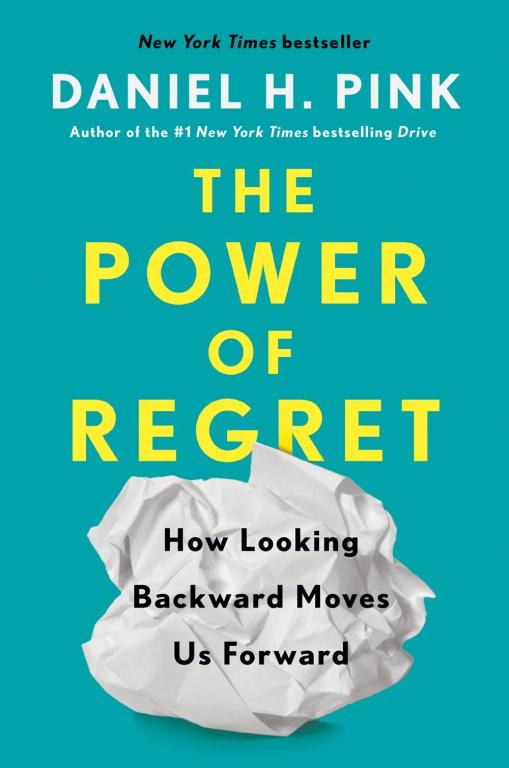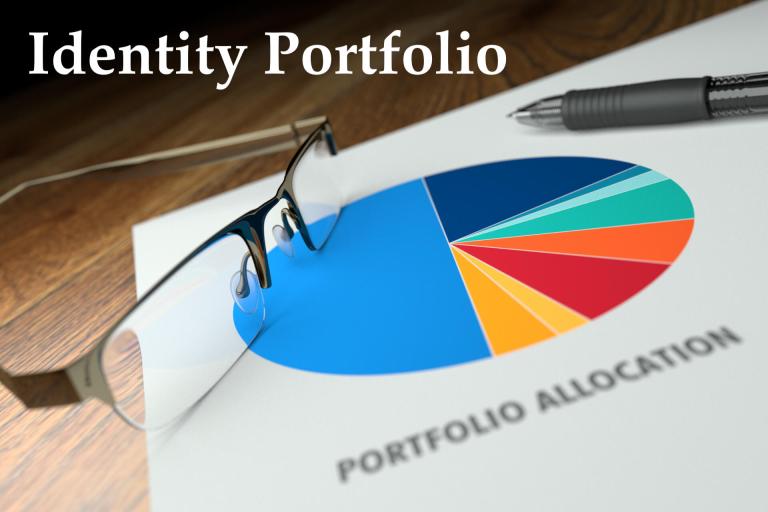 In Daniel Pink’s new book, The Power of Regret, he develops a helpful metaphor to explain how regret often works in our lives. He compares our emotions to a financial portfolio.
In Daniel Pink’s new book, The Power of Regret, he develops a helpful metaphor to explain how regret often works in our lives. He compares our emotions to a financial portfolio.
What are Emotional Portfolios?
Research and experience demonstrate that a well-curated financial portfolio is diverse. A person should not pour all their resources into 1-2 stocks or products. Instead, a wise financier spreads her money across a portfolio of investments, such as stocks, real estate, mutual funds, bonds, etc.). This approach provides greater security against risk and the inevitable downturns of life.
In the same way, Pink suggests, we need to recognize that our emotions work in coordination so that even our more positive emotions won’t lead us astray. For example, the euphoria of romantic love and the excitement of new opportunities can lead us to make careless, even harmful, choices. So-called “bad feelings” (e.g., regret, anger, disgust) can offer us protection, giving up insight and warnings that we’d otherwise miss if we narrowed our “portfolio” to more enjoyable emotions.
Pink wants us to recognize that our “negative emotions” have a purpose. Anytime we fixate on a small spectrum of emotions (whether positive or negative), we set ourselves (and those around us) up for a significant loss.
We Have a Portfolio of Identities
Not only is this analogy tremendously helpful for thinking about emotions; it also enables us to understand individual identity and collectivist honor (and much that comes with it). Grasping this the underlying point I’ll make can clarify problematic dynamics at work in contemporary Western culture.
We all have a portfolio of identities. I know this should be obvious, but bear with me… it’s proving to be far less apparent to us all. All people have an assortment of emotions, yet that does not stop us from misunderstanding or neglecting a vast range of those emotions (to our harm).
Previously, I’ve made broad contrasts, reminding people that our identity consists of both how we’re different and similar to one another. Likewise, a person’s identity stems from both choice and community. In other words, no individual entirely determines their own identity; much of it comes from our social group.
Here is a small sample of identities that I could claim:
Christ-follower, son, husband, father (I could get more specific: I’m a father of a cancer survivor and dad to an adopted Ethiopian daughter), brother, friend, employee, theologian, missiologist, writer, speaker, editor, marketer, Caucasian, American, male, cisgender, heterosexual, former missionary, Phoenician (now), Texan (by birth), former college football player, former military, abuse survivor, hypocrite, sinner, Gentile, adoptee (by my birth father ironically enough), someone who suffers from severe ADHD, a survivor of serious depression, Texas A&M Aggie, doctor (Ph.D.), a math major (undergraduate), Enneagram 1, (E/I)NTJ, pickleball player, runner, a homeowner, an avid reader, a lover of movies, etc.… I think you get the point.
Why do I expand so much on this list?

At any given moment or in various contexts, I am always all of these identities. At the same time, different situations make one or more identities more salient or important. We are a tangled web of identities, and it can be no other way.
However, our ability to speak about identity has atrophied considerably in recent decades. This is particularly true in North America. People not only mistakenly think difference determines identity (a partial truth), but they increasingly restrict the identity claims (in practice) to 1 or 2 identities.
Nowadays, nearly everything gets explained through the lens of gender, sexuality, or race. Perhaps, the academically sophisticated will speak about “intersectionality,” but this language is just an explicit reckoning of what should be common sense.
The Value of an Identity Portfolio
It’s important to recognize that “personal identity” is a portfolio. Such diversity is not only unavoidable; it is needed! At a basic level, our identity portfolios enable us to connect with a range of people across contexts and experiences.
For now, however, I simply want to highlight what happens when we become singularly invested in one social identity such that we lose proper balance and lose sight of the others. In essence, we sacralize or “make holy” 1-2 identities. Consequently, a person feels threatened or attacked when other people either criticize a facet of that identity or don’t prioritize it to the degree we do. We then long desperately for people to validate our worth based on a singular identity marker.
That singular claim to identity reflects our idolatry.
A sliver of our identity narrows our sense of what is shameful, honorable, good, and bad. What happens when circumstances change or when events challenge or even change that beloved identity? In a word, our world crumbles. We fall into depression, grow increasingly angry, feel isolated, seek unhealthy relational silos, and so forth.
Isn’t this exactly what we’re seeing in North America?













